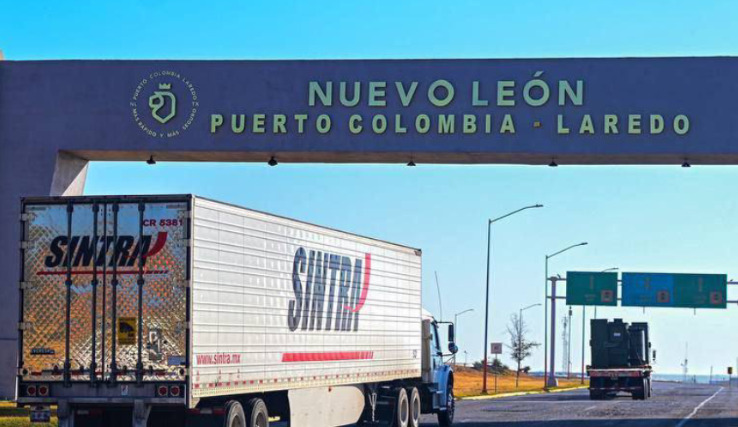The Business Roundtable (BRT) has called on Mexico to comply with the procedures for publishing new customs regulations.
In a letter sent to the U.S. Trade Representative (USTR), the BRT stated that Mexico frequently introduces significant changes to its customs regulations without a period of implementation, which causes operational disruptions.
Business Roundtable
Article 7.3 of the United States-Mexico-Canada Agreement (USMCA) states that the Parties to this trade agreement “shall publish in advance the generally applicable rules governing trade and customs matters that they propose to adopt and shall provide interested persons with an opportunity to comment before the Party adopts such rules.”
In addition, the chapter on Good Regulatory Practices in the USMCA provides that, in general, a 60-day comment period will be granted for rules that may have a significant impact on trade.
“The BRT urges the USTR to obtain commitments from Mexico to comply with its USMCA obligations, including providing notification and comment periods before making changes to its customs rules and granting longer implementation periods before such changes take effect,” it said in the letter.
Mexico’s customs valuation methods
The BRT argued that in an attempt to address alleged dumping, Mexico has improperly implemented the use of reference prices for various types of products instead of standard valuation methods, forcing importers to declare artificially high customs values for those products.
“The BRT urges the USTR to obtain commitments from Mexico to return to standard valuation rules and address any alleged dumping through proper antidumping investigations that ensure due process in antidumping proceedings and in the methodologies used to calculate dumping margins,” it said.
Canada’s Customs Assessment and Revenue Management (CARM) System
U.S. companies face significant challenges with the Canada Border Services Agency’s (CBSA) CARM system.
In the BRT’s view, the transition to CARM has imposed administrative and financial burdens, including requiring importers to register, manage their own accounts, and post bonds directly with the CBSA.
“This creates inefficiencies and bottlenecks for U.S. exporters, disrupts established customs broker processes, and adds significant costs to the supply chain,” it said.

